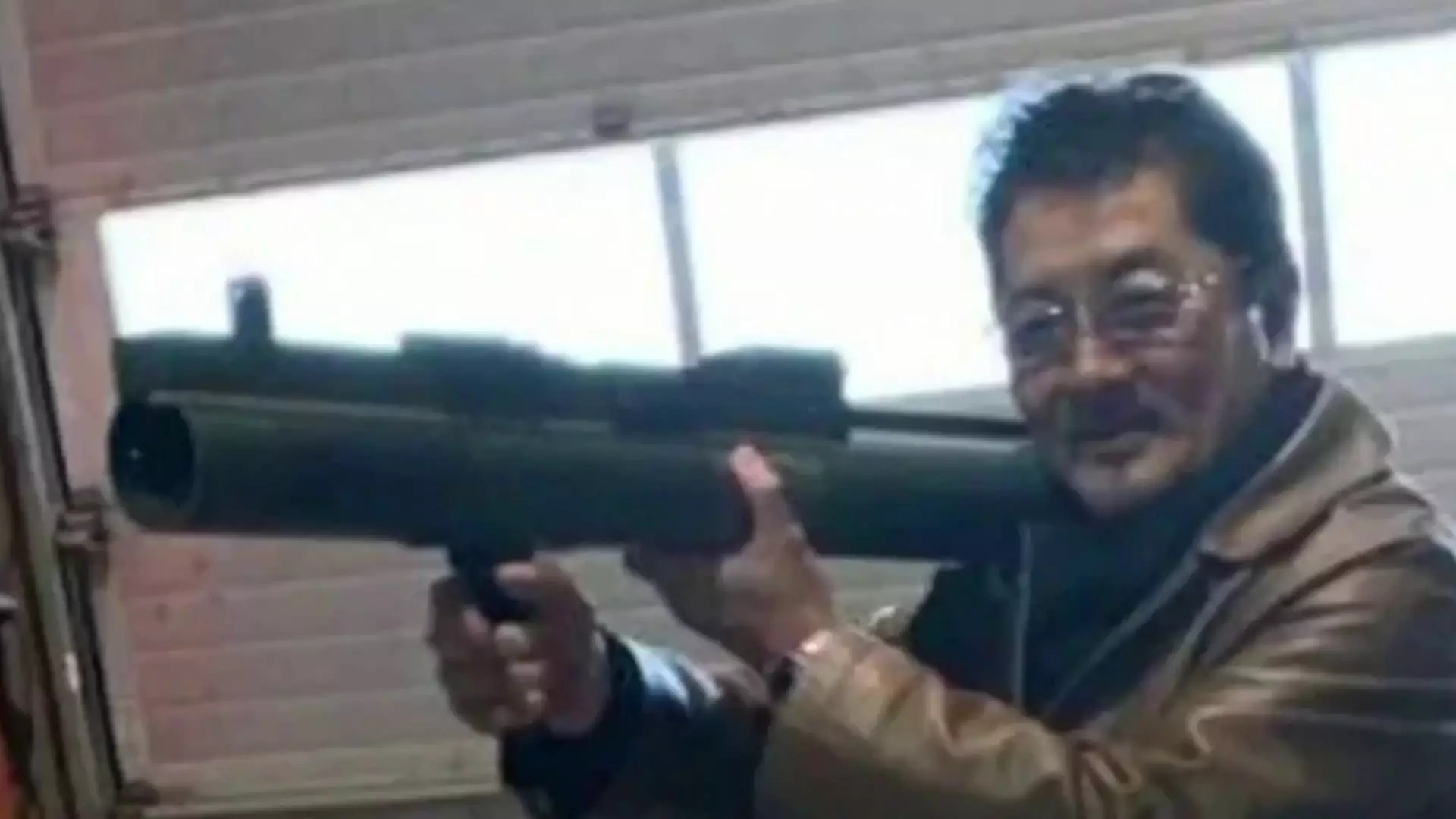In a shocking turn of events, federal prosecutors in New York have unveiled a harrowing tale of a Japanese Yakuza leader’s attempt to traffic nuclear materials from Burma to potentially be used in Iran’s nuclear weapons program. The accused gangster, Takeshi Ebisawa, and his associates went to great lengths to showcase samples of these dangerous materials in Thailand, unaware that they were under the watchful eye of an undercover agent from the U.S. Drug Enforcement Administration. This revelation sheds light on the intricate web of criminal activities that span across continents and involve not only narcotics and weapons trafficking but also the sinister trade in nuclear materials.
The indictment against Ebisawa and his co-defendant, Somphop Singhasiri, outlines the grave charges that have been brought against them. It details how the accused Yakuza leader attempted to sell 50 metric tons of uranium and thorium to an undercover DEA agent for a staggering $6.85 million. This brazen act, coupled with negotiations for deadly weapons like surface-to-air missiles, paints a disturbing picture of Ebisawa’s intentions. U.S. Attorney Damian Williams emphasized the gravity of the situation, highlighting the severe nature of the alleged conduct.
The Global Reach of Criminal Networks
The Yakuza is known for its deep-rooted presence in the world of organized crime, with a network that extends far beyond Japan’s borders. Ebisawa’s criminal activities, as described in the indictment, span Asia, Europe, and the United States, indicating the global reach of his nefarious operations. The revelation that he claimed to have access to a substantial quantity of nuclear materials adds a chilling dimension to an already alarming case. The photographs sent by Ebisawa depicting these materials, along with a Geiger counter to measure radiation, underscore the meticulous planning and callous disregard for the potential consequences of his actions.
The charges brought against Ebisawa and Singhasiri are not limited to nuclear trafficking alone. They were previously accused of international narcotics trafficking and firearms offenses, highlighting the multifaceted nature of their criminal enterprise. As they gear up to face arraignment in Manhattan federal court, the full extent of their illegal activities is likely to come under intense scrutiny. The partnership between law enforcement agencies across different countries, as evidenced by the involvement of Thai authorities and U.S. nuclear forensic laboratories, underscores the collaborative efforts to combat transnational crimes of such gravity.
The unfolding developments in the case against Ebisawa and Singhasiri offer a chilling glimpse into the dark underbelly of international criminal networks. The audacity with which nuclear materials were peddled, coupled with the potential implications for global security, serves as a stark reminder of the ever-present threat posed by organized crime. As the legal proceedings progress, it remains to be seen how the intricate web of conspiracies will unravel and what further revelations will come to light in this ongoing saga of nuclear trafficking and criminality.


Leave a Reply